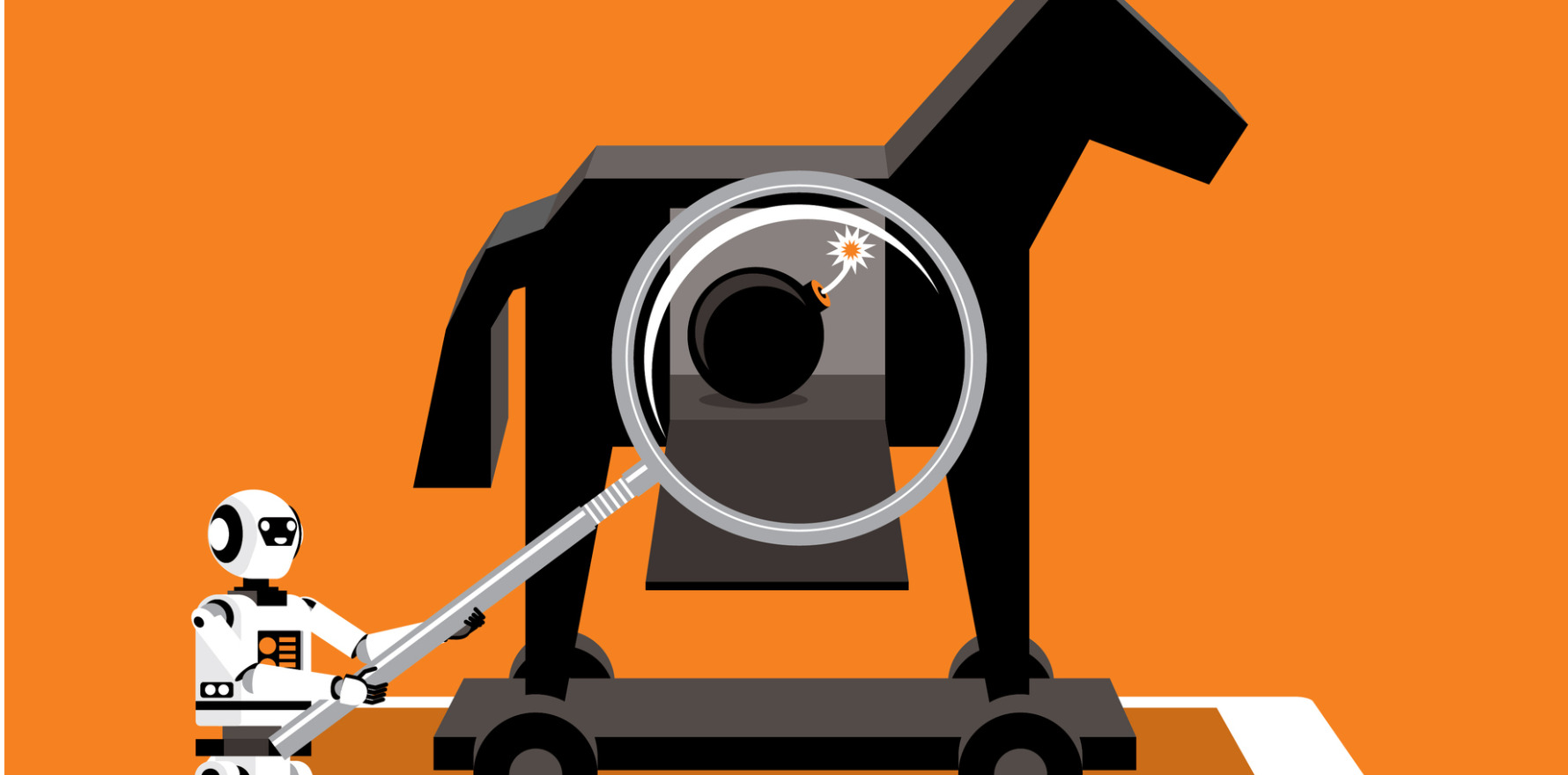Will last week’s decision by the NHS to classify most AI scribes as medical devices catch on around the world?
Just over a week ago NHS chief clinical information officer Alec Price-Forbes dropped a bomb on the AI scribe sector in the UK by issuing a national priority notification which effectively classifies all AI scribes as medical devices.
“We are now aware of a number of Ambient Voice Technology (AVT) solutions which, despite being non-compliant with our guidance, are still being widely used in clinical practice as free trials or through direct commissioning, both by individuals and organisations regardless of care settings,” said the notice.
“Irrespective of care setting, all NHS organisations must ensure that any AVT solutions being used meets the specified NHS standards as the use of non-compliant solutions poses a risk to clinical safety and security.”
This article originally ran on Rheumatology Republic’s sister site, Health Services Daily. RR readers can sign up for a discounted subscription.
The notice went on to specify that any AVT solutions that generate summaries required an MHRA Class 1 medical devices status, a process that required a very detailed and detailed governance compliance process, the equivalent of which in Australia is formal classification as a medical device by the TGA.
Clinicians, technologists and policy people in the UK were instantly divided on the move with a series of heated LinkedIn debates, some focussing on whether Europe and other jurisdictions might be forced to follow suit.
Rik Renard, a product lead for AI healthcare software group Swordfish, wrote:
“A lot of people hate the burden medical device regulation creates on healthcare innovation (me incl). But I don’t see an alternative here. When you have scribes getting deeper into clinical workflows, you can’t accept a cowboy wild west where half-baked tools deeply influence patient care.
“It sucks for speed, but it’s probably the best we can do… (note: the fact that they define “summarization” as a medical device is crazy; so not everything should be a medical device of course)
“Many questions now: How long before the EU follows suit? Will the FDA start classifying AI scribes as medical devices?”
Spencer Todd, CEO & Co-Founder at FormlyAI, a group which seeks to automate the certification process for medical device startups commented:
“This NHS notice sets a regulatory floor in the UK for AI scribes, making most, if not all, medical devices.
“While I’m sure this is alarming for many AI scribe companies, having this level of clarity on regulatory classifications is refreshing.”
In Australia, the same sort of AI scribes being captured in the UK by the NHS decision are currently largely exempt from the TGA medical device regulatory process, being considered “simple record keeping tools” rather than devices, with a caveat that users of the tools always read over summaries after the fact and that liability for any issues will always rest with the supervising clinician.
The problem for many in the sector is that repeated use of the scribes could lull users into a potentially false sense of security about the accuracy of the summaries and eventually many users will stop reading the summaries after the fact.
The FDA takes a similar line to Australia presently saying that scribes merely summarise information that clinicians can independently review and therefore they do not fall into the category of a device.
But as in the UK there is much debate over where to draw the line in Australia, and many believe that the debate on classification as a device or not has a long way to run yet.
The Australian Alliance for Artificial Intelligence in Healthcare wrote last year that “the speed of their appearance has left professional and regulatory communities scrambling to understand their benefits and risks, and the best way to safely use the technology in a dynamic regulatory space”.
“There is … currently limited evidence around the performance of AI scribes in real-world clinical settings and several risks have been identified,” says the note put out by the AAAIH last year.
A comprehensive productivity brief for government published recently by the MSIA says that three concurrent reviews from the Department of Health Disability and Ageing, the Department of Industry, Science and Resources and the TGA, which don’t seem to talk to each other is confusing the situation in Australia and potentially holding back innovation.
The submission suggests that the option of developing “one size fits all” AI guardrails under some new mega AI regulator body would burden lower risk applications, of which AI scribes is one, and suggests that we should keep the current TGA software as a medical device rules, privacy law and safety standards but “add a short, technology-agnostic AI Principles Act that tells each existing regulator what to clarify”.
The submission also suggests we should look to align with key international standards and bodies such as the FDA.
But with the UK decision, many commentators are suggesting that the EU might follow the UK lead and with that the FDA may follow as well.
Whether the UK decision eventually influences regulators in Australia or not, as things stand, the NHS decision will likely cause serious short to mid-term headaches for two of our largest and fastest growing local AI scribe groups, Heidi Health and Lyrebird.
Both tout the UK as one of their big global expansion markets and have recently undergone healthy funding rounds – $26 million for Heidi and $12 million for Lyrebird.
HSD sought comment for this article from the MSIA, Heidi, Lyrebird, the TGA and the MTAA but at the time of going to press none had responded.


